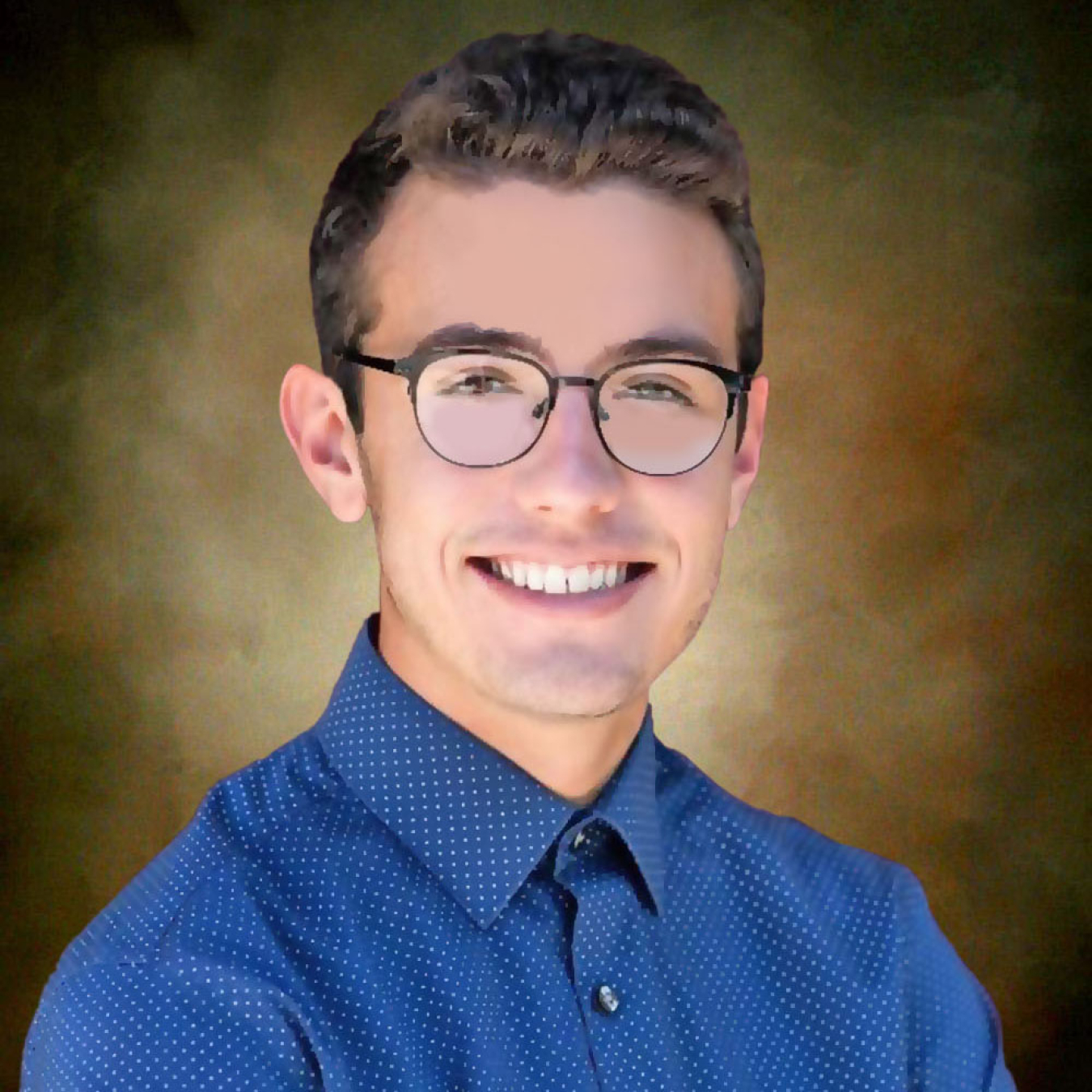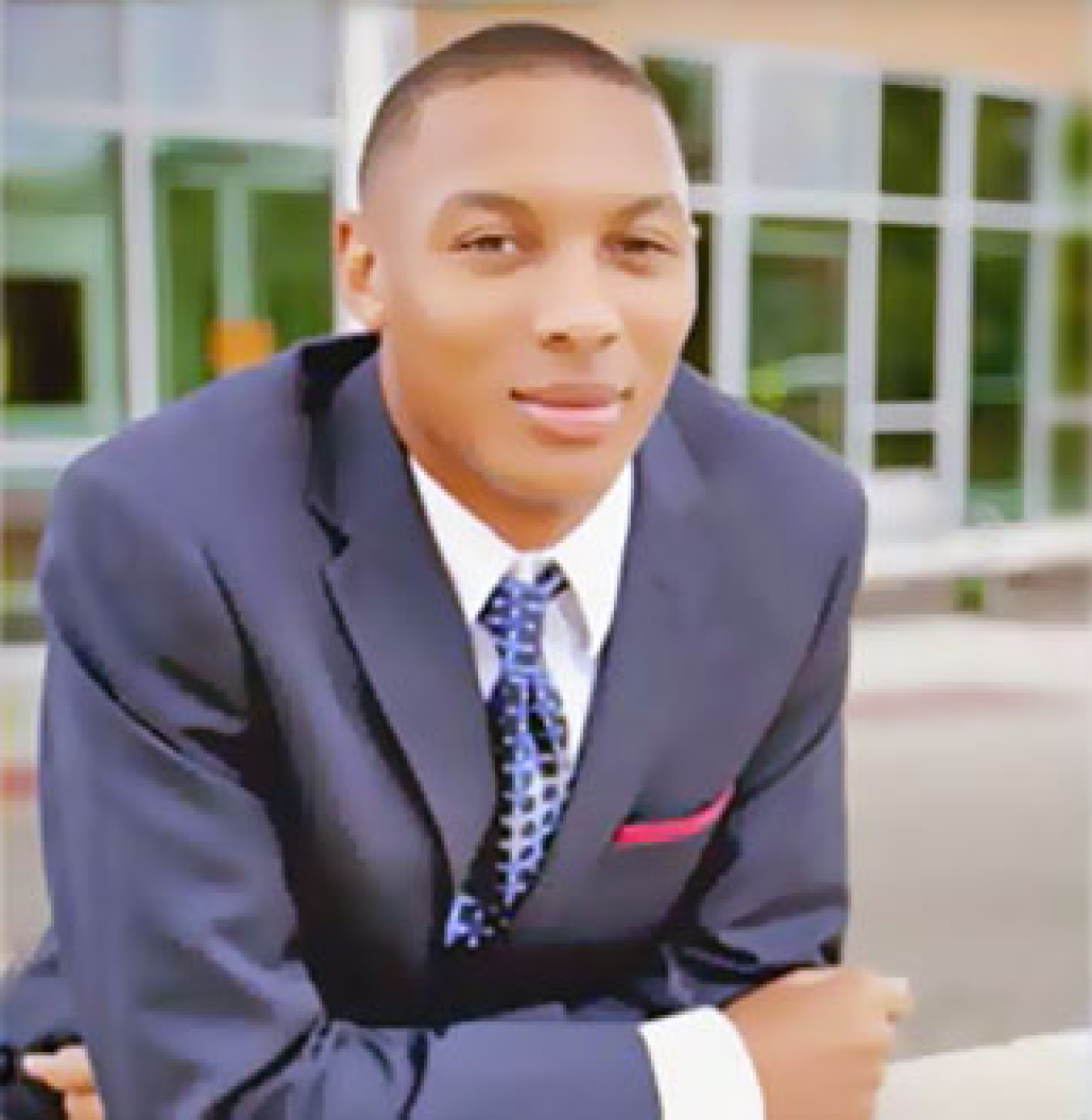For the past 25 years, the Mickey Leland Energy Fellowship (MLEF) program has provided students with the opportunity to gain real-world, hands-on research experience with the U.S. Department of Energy’s (DOE) Office of Fossil Energy. Since 1995, almost 1,000 students have supported DOE in helping the Nation meet the energy challenges of the future through this research fellowship program.
During a 10-week appointment, MLEF participants train under the mentorship of engineers and physical scientists while working on mission-focused research projects. Because this year presented unique circumstances, our mentors made sure that we were able to offer projects to all of the selected candidates during the transition to a virtual program.
In recognition of everyone’s fantastic work, we met with a few of the 2020 participants who recently concluded their fellowships to learn more about their experience.

Meet Tanner Stelmach
Tanner is an undergraduate student at the University of Colorado, Boulder, where he is working toward a Bachelor of Science in chemical engineering.
- MLEF Project: A Comparative Study on Enhanced Gasification of Solid Fuels with Metal Oxides.
- Summer experience: “I had the opportunity to work with the National Energy Technology Laboratory (NETL) Functional Materials Group on modeling a metal-oxide enhanced coal gasification process. The most valuable experience was being able to interact with great mentors, including Dr. Ranjani Siriwardane, a research scientist at NETL, who has conducted research for the past 30 years. My mentors and research advisors taught me how to make well-informed assumptions and work through very difficult problems collaboratively.”
- Advice to future participants: “Constantly interact with mentors and do not be afraid to ask questions. The mentors volunteer their time because they have a genuine interest in empowering and teaching young scientists. I was lucky to work with a very receptive team who valued my questions and worked hard to ensure it was a positive experience.”

Meet Jahsiah Sanders
Jahsiah is double-majoring in computer engineering and computer science at Clark Atlanta University.
- MLEF Project: Develop Integrated Computational and Physical Research.
- Research focus: “My project studied how boiler tube leaks lead to costly shutdowns of power plants. Using Anaconda, various methods of machine learning, and Python, I developed a Python script that employs a neural network to identify deviation from nominal operating conditions. This will assist operators in identifying process upsets. The identification of boiler leaks will provide an early warning for plant operators and plant owners to optimize plant operation and minimize plant outages while maintaining a plant’s efficiency.”
- Favorite part of the program: “My time with the MLEF program this summer has given me more knowledge in my field and the chance meet some extraordinary people. My work at DOE gave me valuable insight and skills that I plan on using to build a career for myself.”

Meet Bria Johnson
Bria Johnson is a senior at Frostburg State University, where she is pursuing a bachelor’s degree in materials engineering.
- MLEF Project: Materials Modeling and Simulation or Supply Chain Assessments.
- Summer experience: “The purpose of my project was to determine the suitability of the Larson-Miller Parameter equation for predicting long term creep strength and life of the Haynes 282 alloy. The MLEF program allowed me to enhance and develop my research and technical skills. I am also grateful to have been mentored by some of the most brilliant people in the engineering field.”
- Advice to future participants: “My mentor was Robert (Bob) Schrecengost, a program manager in the Office of Fossil Energy, who is responsible for the Advanced Energy Materials and Advanced Turbines programs. He has 35 years of experience in fossil power research and technology development and holds a Bachelor of Science in chemical engineering from Carnegie Mellon University. Based on my experience with Bob, I would advise future MLEF participants not to be afraid to ask questions and to share their thoughts with their mentors. Bob provided guidance throughout the course of my project and motivated me to continue to seek a career in the engineering field.”
Congratulations to all of our participants for a job well done. To learn more about the program, visit the MLEF website or download this MLEF infographic.
